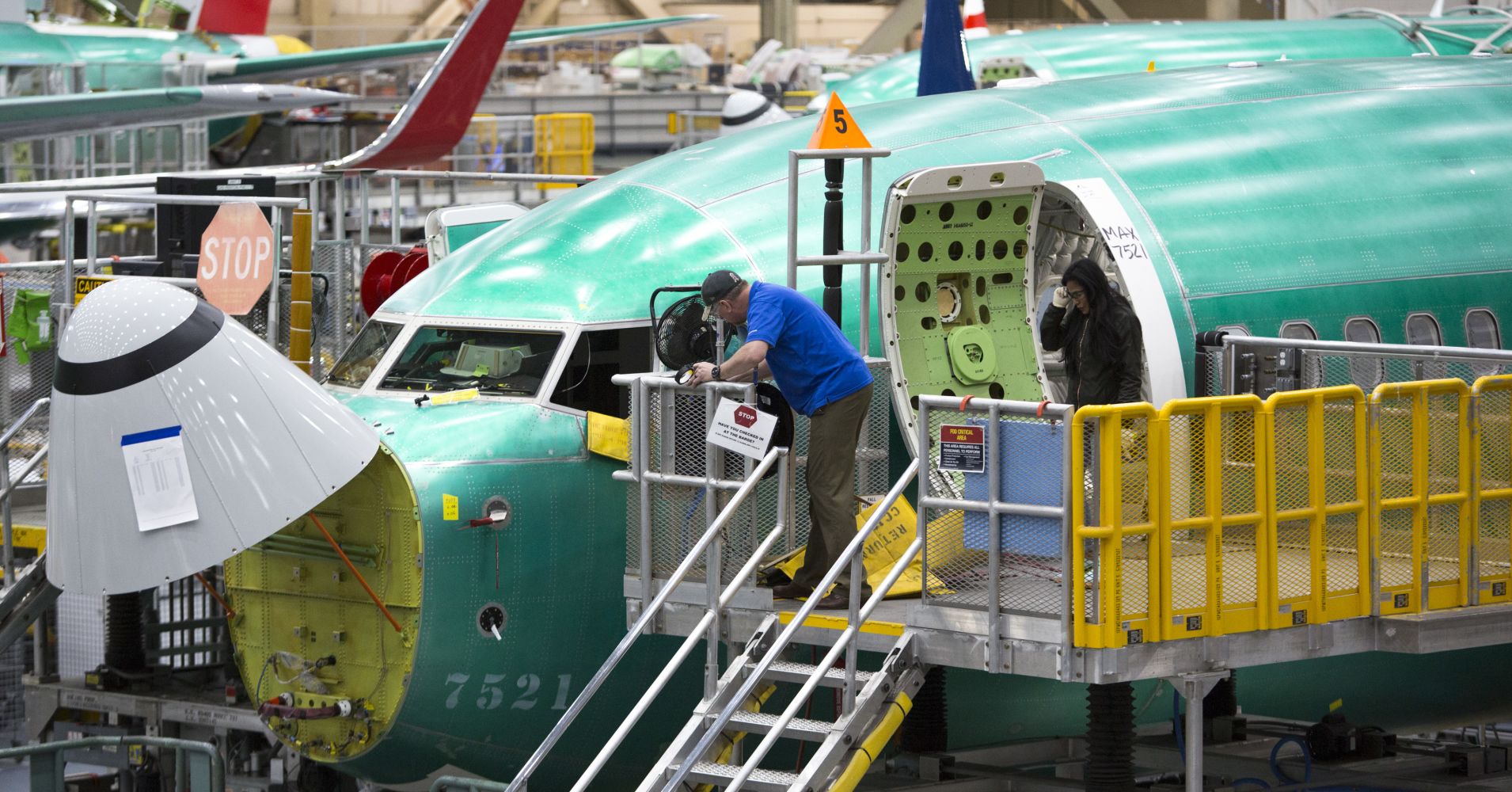
The Federal Aviation Administration‘s cozy relationship with Boeing may not change, despite criticism from Congress over the company’s role in certifying the safety of its planes following two crashes since October that claimed 346 lives.
“I think the relationship with the FAA and Boeing in regards to delegating some of their certification authority is going to change, but it isn’t going to change a lot,” said Jeff Guzzetti, the former director of the FAA’s accident investigation division.
Lawmakers grilled FAA officials over Boeing’s role in the airplane’s approval at a hearing last month. Outside companies like Boeing routinely participate in some functions of the certification process.
“The fact is the FAA decided to do safety on the cheap which is neither cheap nor safe and put the fox in charge of the hen house,” Sen. Richard Blumenthal, D-Conn., said at the March 28 hearing.
While lawmakers on Capitol Hill are clamoring for the FAA to get tough on Boeing, Guzzetti said the agency doesn’t have the manpower and budget to do the work themselves. It has to rely on Boeing’s engineers to self-certify systems and technologies in the company’s planes.
“The FAA just doesn’t have the resources or the speed by which to keep up with aviation technology,” he said.
Boeing executives chafe at the suggestion that its relationship with the FAA led to a lack of scrutiny on the 737 Max’s flight control system that aviation officials suspect played a role in the crashes.
Boeing’s board of directors is forming a committee to review its processes for developing and building planes and recommend any needed improvements, CEO Dennis Muilenburg said in announcing the internal review.
Meanwhile, there are three separate congressional and regulatory panels looking into how the FAA certifies aircraft. A spokesperson for the FAA says, “We both invite and welcome scrutiny as a necessary element of continuous improvement.”
Todd Curtis, a former Boeing safety engineer who worked on the 777 wide-body plane, says engineers designated to certify parts of the plane were “loyal to FAA regulations and Boeing requirements and common sense.”
“During my time there I didn’t see anything that caused me any concern, anything that would make me contact the FAA,” he said.
The 737 MAX is not the first Boeing plane to be grounded due to safety concerns. The 787 Dreamliner was grounded for three months in 2013. The company’s ability to identify and solve problems is one reason many believe Boeing will come through this latest controversy.
“My long-term view of Boeing is that it is a very excellent and safe company,” said Guzzetti. “There is just too much heritage and legacy and need for aviation for Boeing just to go away.”
CNBC’s Meghan Reeder contributed to this report.

